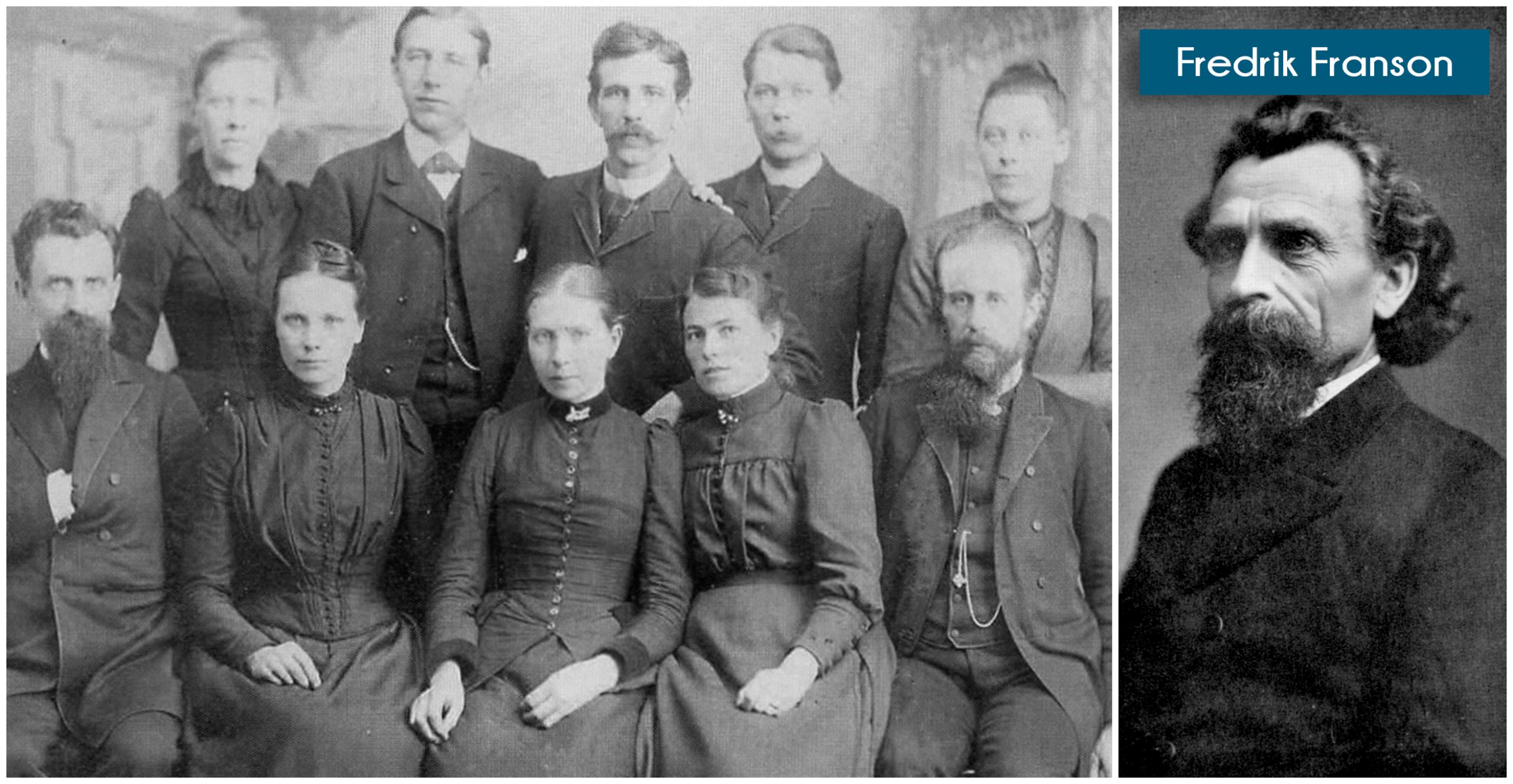
Ministry Updates
130 Years is a Long Time … Or Maybe Not!
October 28, 2020
by Dave Hall

There seems to be an inverse relationship between advancing years and a birthday celebrant’s desire to see his or her birthday cake adorned with candles. At some point, the number of candles required to mark the corresponding years of life places the dessert’s quality in jeopardy.A handful of candles at a child’s birthday party is joyous. However, 130 candles on a cake celebrating TEAM’s founding in 1890 is another matter. It can make us feel old, beyond our prime, slipping into irrelevance and a host of other not so desirable emotions.
However, in the history of the Kingdom of God, 130 years is a moment of a much longer story that God is writing. Our story in TEAM is a chapter in a much grander narrative in which He is reclaiming His fallen creation through the work of His Son and proclaiming His glory among all peoples in the power of His Spirit.
Those of us called to serve in this 130-year chapter called TEAM are privileged to be a part of this grand narrative, offering ourselves in fellowship with one another and following after those who have gone before us.
But what was the beginning like 130 years ago?
October 14, 1890, marks a special day in the life of TEAM. On this date, a 38-year-old Swedish immigrant named Fredrik Franson initiated training classes for overseas missionaries. This fervent evangelist and church planter was motivated in response to a challenge issued by Hudson Taylor to send more missionaries to China’s inland regions.
Those first training classes were conducted at Pilgrim Church in Brooklyn, New York, and were attended by 50 young men and women. Of them, 16 were later commissioned to sail for China. Joined by 19 others who were later trained by Franson and commissioned in Chicago, those first 35 missionaries departed San Francisco harbor on January 22, 1891, arriving in Shanghai, China, on February 17, 1891.
These initial efforts led to the formation of what was initially known as the China Alliance Mission, soon changed to The Scandinavian Alliance Mission of North America, a name that lasted until 1949 when the name we know today was adopted — The Evangelical Alliance Mission (TEAM).

Missionaries recruited to serve in South Africa (pictured here) would face great hardship but ultimately succeed in leading many people to Christ.
Before 1900, roughly 100 missionaries were trained and sent to China, Japan, India, South Africa, East Africa and Mongolia. This movement begun in the latter part of the 19th century quickly began to gather momentum as young men and women stepped forward to serve Christ in some very challenging places and conditions, embracing frugality and sacrifice for the sake of the Gospel.
Franson himself did not live to see most of this history, succumbing in 1908 to a fatal illness. He was 56 years old.
What can we learn from the early days of TEAM and how can that shape our trajectory? I will underscore two primary lessons. Doubtless, there are more.
1. Following Christ as He builds His Church among the nations demands creativity, innovation and sacrifice — all rooted in a bold faith in God.
Franson took action to a staggering need of which God had made him aware — the vast numbers of people who had little to no opportunity to hear of Christ and make a choice to know, love and follow Him. New methodology would be needed to recruit, train, send and sustain those who would respond to the call of God in this endeavor. And there would be an obvious need to step out in faith, believing that God would provide through His people the needed financial resources.
Today we face both the challenges and opportunities presented by a globalized marketplace, increasing nationalism, ideological extremism, a shrinking world due to ubiquitous air transport and internet technology. While our global context has changed dramatically since TEAM’s founding, the same core reality is true today. Following Christ into our future role in global mission will demand creativity, innovation and sacrifice — all rooted in a bold faith in God.
2. Deep collaboration with the Church is essential for fruitful and sustained work in global mission.
From the earliest days, Franson saw as imperative the need to dynamically connect this fledgling ministry to the Church. Churches were key in identifying and training personnel, as well as in supplying finances and prayer. It was a profound collaboration based on his understanding of how the Gospel most effectively advances and disciples are formed in a society — through and with local churches. The same reality exists today — only we are not limited to such collaboration with churches in our sending nations.
We now have the wonderful opportunity to collaborate with vibrant emerging streams of the global Church in places where Franson would not have imagined. As examples, consider those countries and regions where some of the first TEAM missionaries served – China, Japan, South Africa, India and more.
The question before us is, will we be ready and willing to adapt our strategies and methods to more effectively accommodate such collaborative outreach with the global Church? Are we ready to adopt new postures and attitudes that will allow us to together serve remaining people groups still awaiting the light of Christ’s Kingdom? How we respond will be crucial since partnership with the Church is essential for fruitful and sustained work in global mission.
As was the case in 1890, TEAM’s future will be largely shaped by God as He works in and through those people who are not willing to let the past dictate the future but are eager to step out in faith into an always changing future, confident that God Himself is awaiting us there. That is my hope and prayer for TEAM as we celebrate 130 years of God’s faithfulness.
If we step out boldly in faith, I believe what Paul wrote to the Corinthian church will continue to be true of TEAM, all for His glory among the nations.
“I planted the seed, Apollos watered it, but God has been making it grow.”
(1 Corinthians 3:6, NIV)
Related articles



